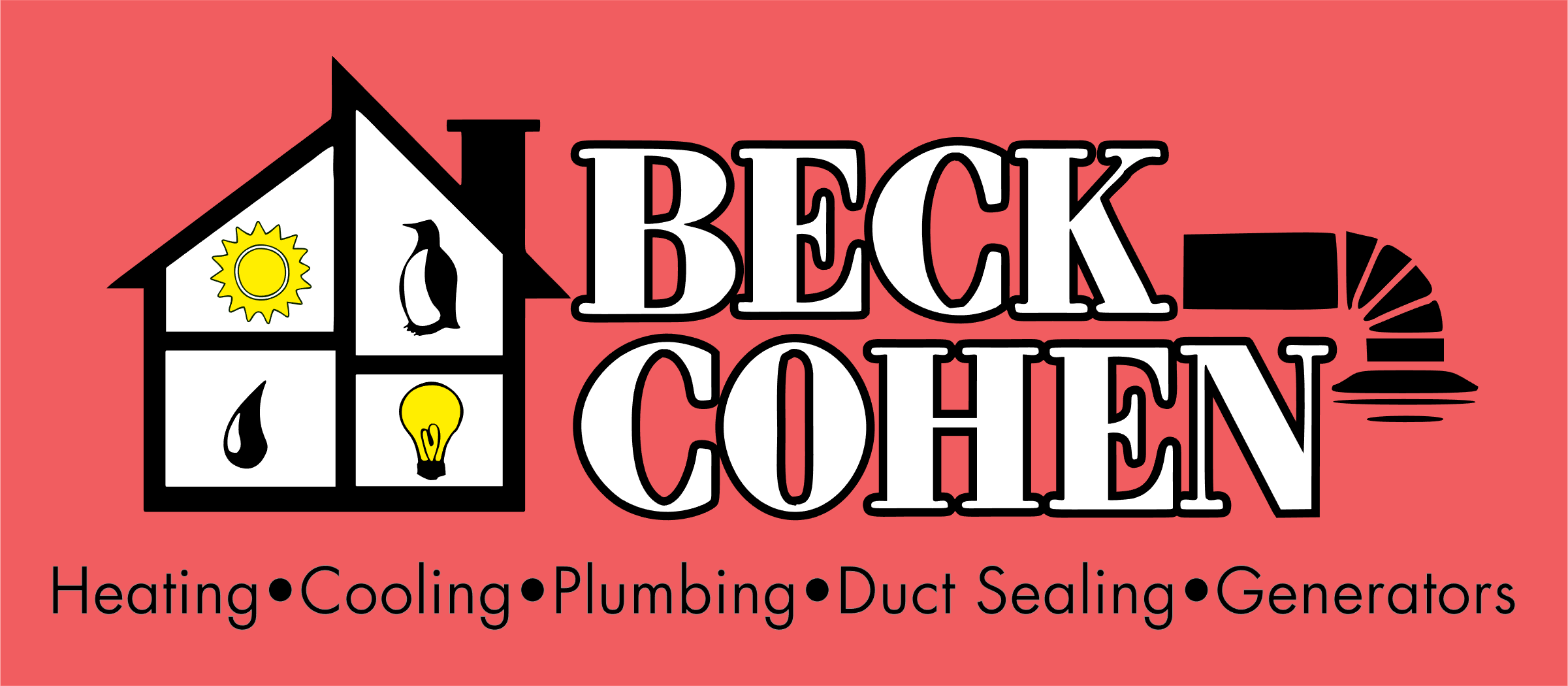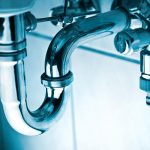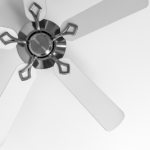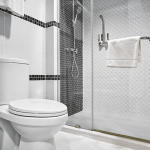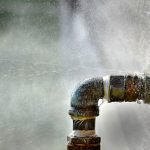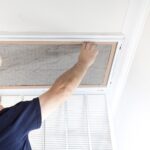
Common AC Problems in Summer
There are several common problems air conditioners have during the summer. The problem you’re having can be a sign of what part in your cooling system isn’t working correctly. Some of these problems you can solve yourself, while others require the attention of a technician. Dirty Air Filters Dirty air filters can lead to all sorts of problems. A dirty air filter reduces the efficiency of your cooling system, which leads to higher energy bills. If it gets filthy, it can even shut your cooling system down as there isn’t enough airflow. You should check the air filters at least once a month and replace them whenever they appear visibly dirty. Faulty Capacitor Your air conditioning system has a capacitor that powers its motor. A faulty capacitor can cause many problems. Your system may not blow cold air or turn on at all. Your AC system may work but take a long time to turn on, or it makes a humming sound. in Charlottesville, VA, can repair your air conditioning system. We replace capacitors and other parts that have quit working. Our NATE-certified technicians can service all makes and models. Clogged Drain Line There’s a drain line below the evaporator...
View Article